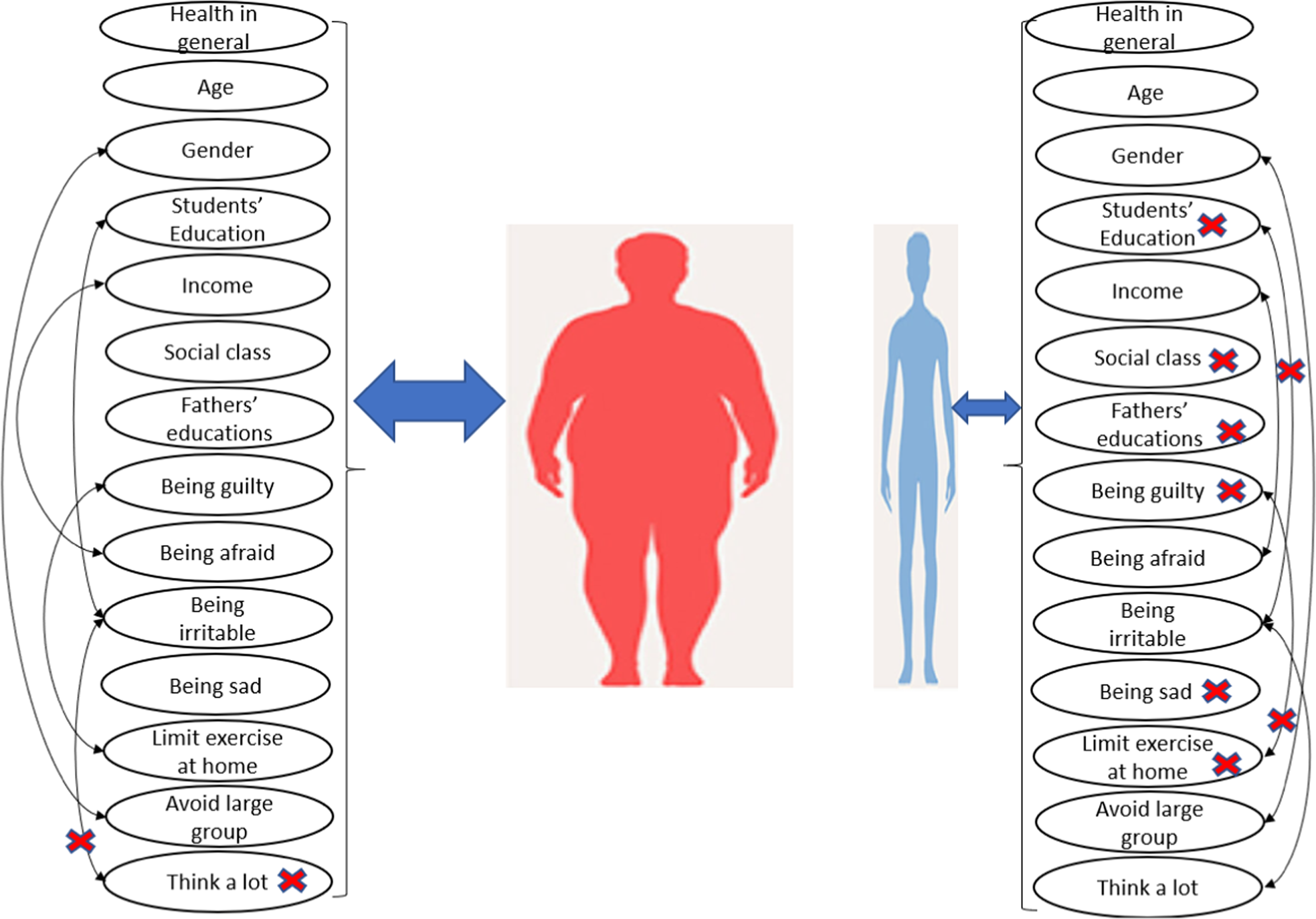
Egg donation is safe. It has not been proven to affect a donor’s ability in the long term to have children. It is complex and requires commitment from the donor. It is crucial that the donor understands the commitments involved before deciding to donate. After the egg donor is accepted, all legal agreements and evaluations have been completed, the donor can begin the multi-step process of egg retrieval. The egg donation process can take up to six weeks and involves frequent visits with the donor. The donor may also be required to abstain from smoking, drinking, or any other activity that could compromise the integrity of the eggs. OVOGENE Donor Bank supplies frozen donor eggs to fertility clinics worldwide. The quality of donor eggs is an important factor in every treatment cycle’s success.
Both laws and professional organizations like SART and ASRM have specific guidelines regarding egg donation. Donors should know these rights and they should choose a reliable donation facility that complies with these guidelines. Although specific protocols will vary from one facility to another, the following is a guideline for egg donation.
Take Oral contraceptives before donation process
Donors will usually be asked to take oral contraceptives before they begin the donation process. This helps regulate menstrual cycles and ensures that medication is given when it is needed.
Next, you need to temporarily reduce normal ovarian function
Over a period of one to two weeks, medications such as Lupron or gonadotropin-releasing hormone antagonists are given by injection. These medications prevent the donor from spontaneously ovulating, increase the responsiveness to fertility drugs and allow the recipient’s cycle to be synchronized with the donor. To monitor the effectiveness of treatment, routine blood tests are performed and ultrasounds are conducted during ovulation suppression.
One egg usually matures during an ovulation cycle. The egg donor procedure gives the donor medications that allow multiple eggs to mature for retrieval
Multiple eggs are collected to increase the chance of a viable egg being recovered. If the recipient is unable to use the eggs, the extra eggs can be frozen. To mature multiple eggs, the donor will self-inject hormones daily such as human follicle-stimulating hormones or human menopausal gonadotrophin. Transvaginal ultrasounds and blood tests will monitor the progress of egg maturation. It is possible to become pregnant at this time, so it is important to abstain from having sexual intercourse or to use barrier protection.
Retrieval of eggs process intake
Once the doctor has determined that the eggs have reached the right age, the donor will receive an injection of human Chorionic Gonadotrophin (HCG). The egg retrieval process will take place between 34 and 36 hours following the injection. Transvaginal ultrasound aspiration is a minimally invasive surgical procedure that allows egg retrieval. To minimize discomfort, the donor is administered painkillers, sedatives, and sometimes anesthesia. An ultrasound probe is inserted into the vaginal area to guide the thin needle through the cervical and into the ovaries. After the eggs have been carefully removed, needle aspiration is used to extract them from their follicles. The entire procedure takes between 20 and 30 minutes. Most donors can return home in a few hours. They can resume their normal activities the next day.
Donors often wonder if it will affect their ability to become pregnant later on
Egg donation has not been proven to cause infertility or other problems during pregnancy. Rare complications, such as bleeding, severe OHSS, or infection, may occur. It may also affect fertility. The medications are the most common side effect of egg donation. Some side effects of egg donation include breast tenderness, hot flashes, and mood swings. Ovarian Hyper stimulation Syndrome is another possible complication.
It results in fluid retention within the ovaries which can cause abdominal discomfort, pressure, and swelling. Most cases can be managed with medication and bed rest. Rare cases of OHSS may result in serious medical complications. You have the right to be fully informed about the risks involved in egg donation. Talk to a professional at your egg donation center.


:max_bytes(150000):strip_icc()/hypersexuality-f7219c0faf93488b82402d4f9d20e454.jpg)


